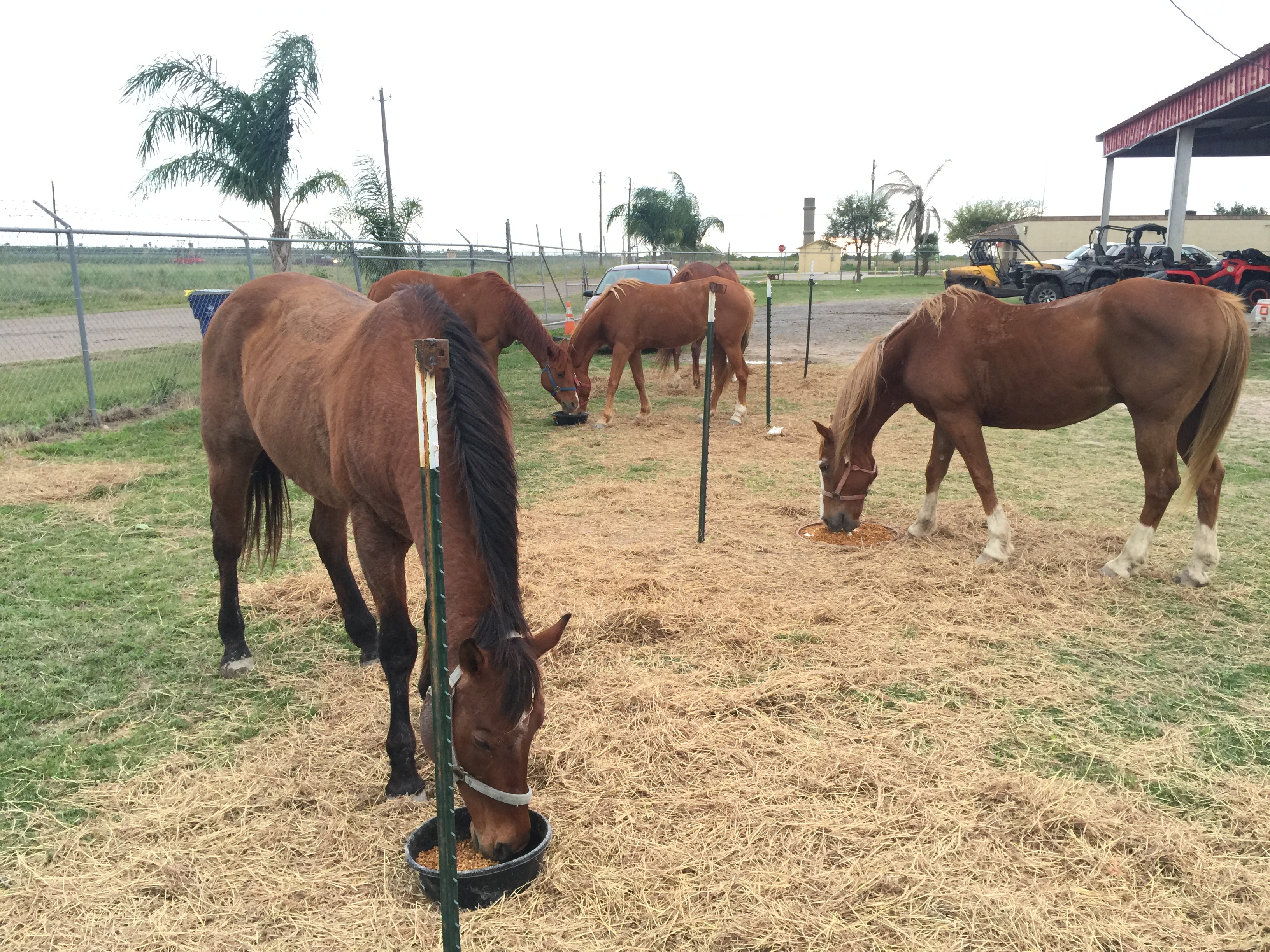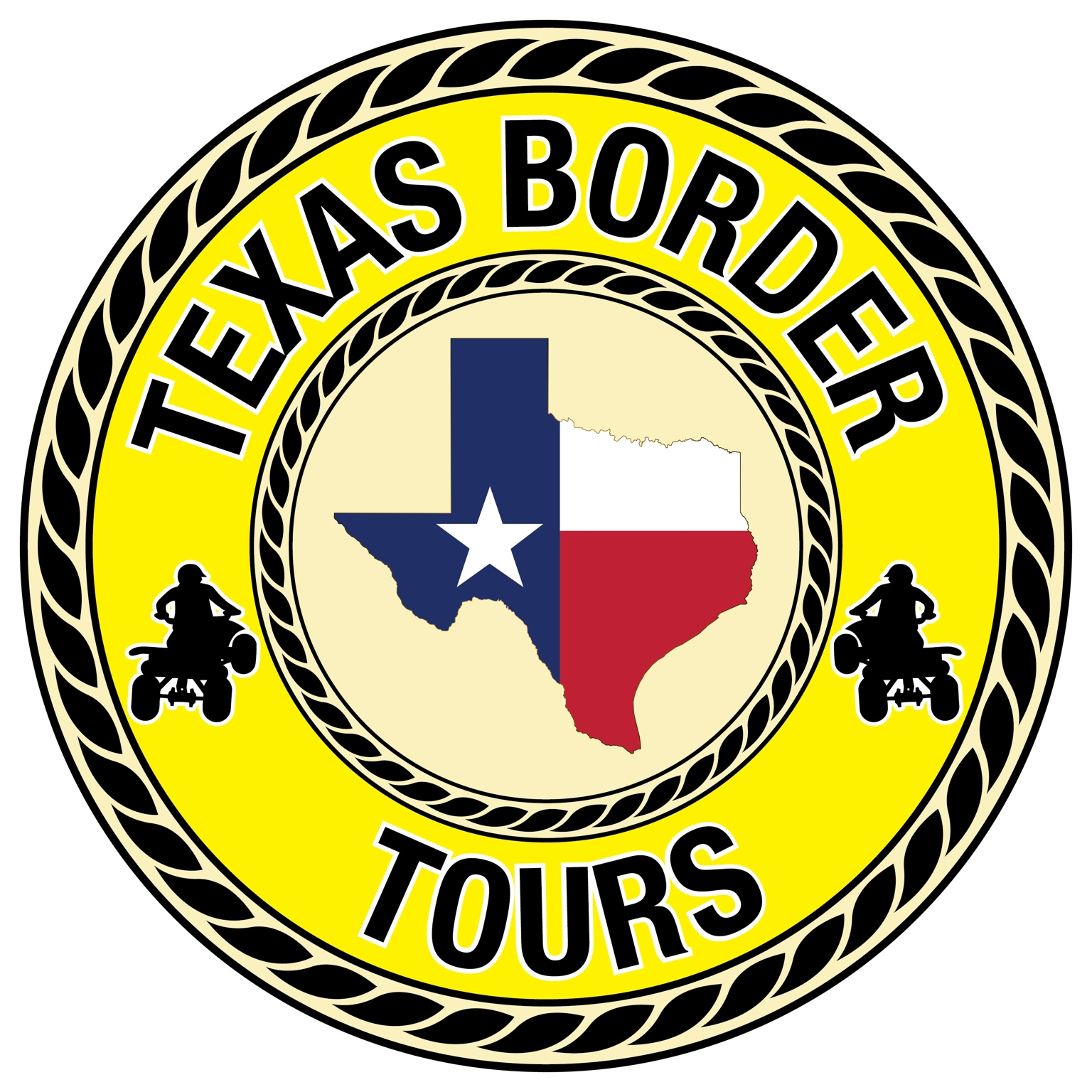
Everything You Need to Know About Owning a Horse
November 08, 2024
Owning a horse is a dream for many, but it’s also a big responsibility that requires careful consideration. While horses bring joy, companionship, and a unique connection to nature, they also demand time, money, and dedicated care. Many new horse owners find themselves overwhelmed by the realities of horse ownership, often because they didn’t fully understand what it takes. This guide explores everything you need to know about owning a horse, laying out the pros and cons, the costs, and the commitments involved.
The Space Requirement: Room to Roam
Horses need plenty of space, and it’s one of the first things to consider before bringing one home. A single horse typically requires at least 1-2 acres of pasture land to roam and graze. This land should be safe, free of hazards, and ideally, fenced to prevent wandering. If you live in an urban area or don’t have the land to accommodate a horse, you’ll need to board it at a stable, which comes with additional costs. Horses are active animals that thrive with open space, so providing adequate room is essential for their health and happiness.
Feeding a Horse: More Than Just Grass
Horses are large animals with big appetites. An average adult horse can consume around 15-20 pounds of hay per day, which translates to about one bale every few days. On top of hay, many horses require grain or feed for additional nutrients, especially if they’re active or elderly. The cost of feed varies based on your horse’s dietary needs, but it’s a significant expense that can add up quickly. And remember, horses also need a constant supply of fresh water—up to 10 gallons a day!
Veterinary Care: Essential and Expensive
Routine veterinary care is a must for any horse owner. Horses require regular check-ups, vaccinations, and dental care. Additionally, they need to be dewormed every few months. Unexpected illnesses or injuries can also arise, requiring emergency care. Veterinary costs can be high, especially for surgeries or specialized treatments. Many horse owners choose to invest in equine insurance to help cover these costs, but even with insurance, vet bills can be substantial.
Farrier Services: Hoof Care is Key
A healthy horse needs regular hoof care from a professional farrier. Horses’ hooves grow continuously, and they need to be trimmed or shod every 6-8 weeks. The cost of farrier services varies depending on whether your horse needs shoes or just trims, but it’s a recurring expense that can’t be ignored. Neglecting hoof care can lead to pain, lameness, and even permanent damage. Good hoof care is crucial to keeping a horse healthy and comfortable.
Time Commitment: Daily Care and Interaction
Horses are social animals that require daily care and interaction. They need to be fed and watered twice a day, their stalls cleaned, and their coats groomed. In addition to the basic physical care, horses benefit from regular exercise, training, and companionship. Owning a horse isn’t just a financial investment; it’s a time investment. If your schedule doesn’t allow for daily hands-on care, you may need to hire someone to help, which adds to the cost.
Weather Considerations: Shelter and Protection
Horses are generally hardy animals, but they still need protection from extreme weather conditions. In hot climates, horses need shade and access to fresh water to stay hydrated and avoid overheating. In colder climates, they need shelter from rain, wind, and snow. Building or providing shelter, such as a barn or a run-in shed, is a necessary part of horse ownership. Ensuring that your horse is safe and comfortable regardless of the weather is essential for its well-being.
The Emotional Bond: Pros of Horse Ownership
For those who commit to the responsibilities, the rewards of horse ownership are incredible. Horses are intelligent, sensitive animals that form strong bonds with their owners. Many people find that spending time with their horse brings a sense of peace, fulfillment, and companionship that is hard to find elsewhere. Riding, grooming, and simply being around a horse can be incredibly therapeutic, offering both mental and physical benefits. The connection between a horse and its owner is unique and deeply rewarding.
The Financial Reality: Cons of Horse Ownership
Horses are expensive animals to care for. Beyond the initial purchase price, the costs of feeding, boarding, veterinary care, farrier services, and equipment can add up quickly. Many first-time horse owners are surprised by just how much money it takes to keep a horse healthy and happy. If finances are tight, it’s important to think carefully before taking on the responsibility of horse ownership. In some cases, leasing a horse or taking riding lessons may be a better option than ownership.
Long-Term Commitment: Horses Live a Long Time
Horses can live 25-30 years, which means owning one is a long-term commitment. Unlike other pets, which may have shorter lifespans, a horse will be part of your life for decades. This long-term commitment is something all prospective horse owners should consider carefully. If you’re not ready to provide for a horse throughout its lifetime, including its senior years when care may become more intensive, horse ownership may not be the right choice.
Conclusion: Think Twice Before You Buy
Owning a horse is a unique and rewarding experience, but it’s not for everyone. Horses require space, care, and a significant financial and time investment. Before buying a horse, it’s essential to consider all aspects of ownership, from the daily responsibilities to the long-term commitment. For those who are prepared, the joys of horse ownership are unparalleled. However, for those who aren’t fully ready, leasing a horse or taking lessons can still provide a fulfilling experience without the full burden of ownership. Think carefully, plan ahead, and make the decision that’s right for you.
